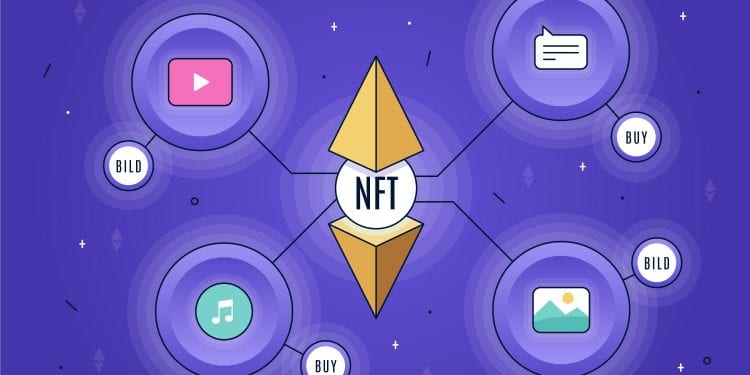The “best” part of the NFT market craze is that it appeals to non-technical people who don’t understand what they are buying but desperately want it to work. The best part of this scam is that the NFT does deliver a certificate of ownership but it is about as valuable as those included with the beany babies.
So you acquired an NFT for that digital masterpiece you created and your certificate to prove it is in some immutable ledger. Maybe Binance, or Flow, or Tron, or any of the five or more others that offer NFTs. But wait, if your lucky you may discover that your masterpiece was already issued an NFT by a criminal that created a counterfeit. I say lucky because that criminal may have registered it in a service other than the one you use and you will never know about it unless you go searching for it. Counterfeiting is just one of seven critical issues that we have identified in our blog “Non-Fungible Token (NFT) – Good Investment or Ripe for Fraud?”
Did you know that there is no standard for what an NFT is, what it does, or what it doesn’t do? Each NFT is unique to the service used. These services are not compatible and come with their own unique wallet services and marketplaces. The smart contracts that are supposed to protect your asset are also unique as is the mechanism for linking you NFT to the digital asset itself. Smart contracts are themselves iffy technology given they are written by software engineers, whom I am sure have never release code with a bug in it.
The concept of NFTs has been around for a long time and may evolve into a useful technology, we just aren’t there yet. One early solution proposed years ago was to create a blockchain that would tie together car manufactures, dealers, tax agents, motor vehicle departments, lenders, as well as the electronic key associated with the vehicle. A seamless nirvana of car ownership. Wonder why it hasn’t happened?
This article perpetuates the hype to an audience that doesn’t understand the technical issues involved. It offers no clarity regarding these issues and so may leave buyers and sellers holding a beany baby certificate for that million-dollar original digital artwork:
“Non-fungible tokens (NFTs) are all the rage right now and justifiably so since these digital tokens basically provide owners with certificates of authenticity relating to just about anything one can think of — from things like artwork, music, collectibles, to real estate, and even precious metals.
To put it another way, NFTs can be viewed as digital files that make use of a blockchain platform for their distribution and owing to the fact that they are totally unique — and stored on a decentralized ledger — it is very easy to verify who their owner is.
Since the emergence of this technology, individual retailers, businesses, celebrities, artists have been able to sell their offerings directly without the need for any intermediaries who typically control all distribution and promotion related activities, in the process taking a huge cut of the total paycheck. But, non-fungible tokens could also have some very interesting applications in more mainstream commerce.”
Overview by Tim Sloane, VP, Payments Innovation at Mercator Advisory Group











